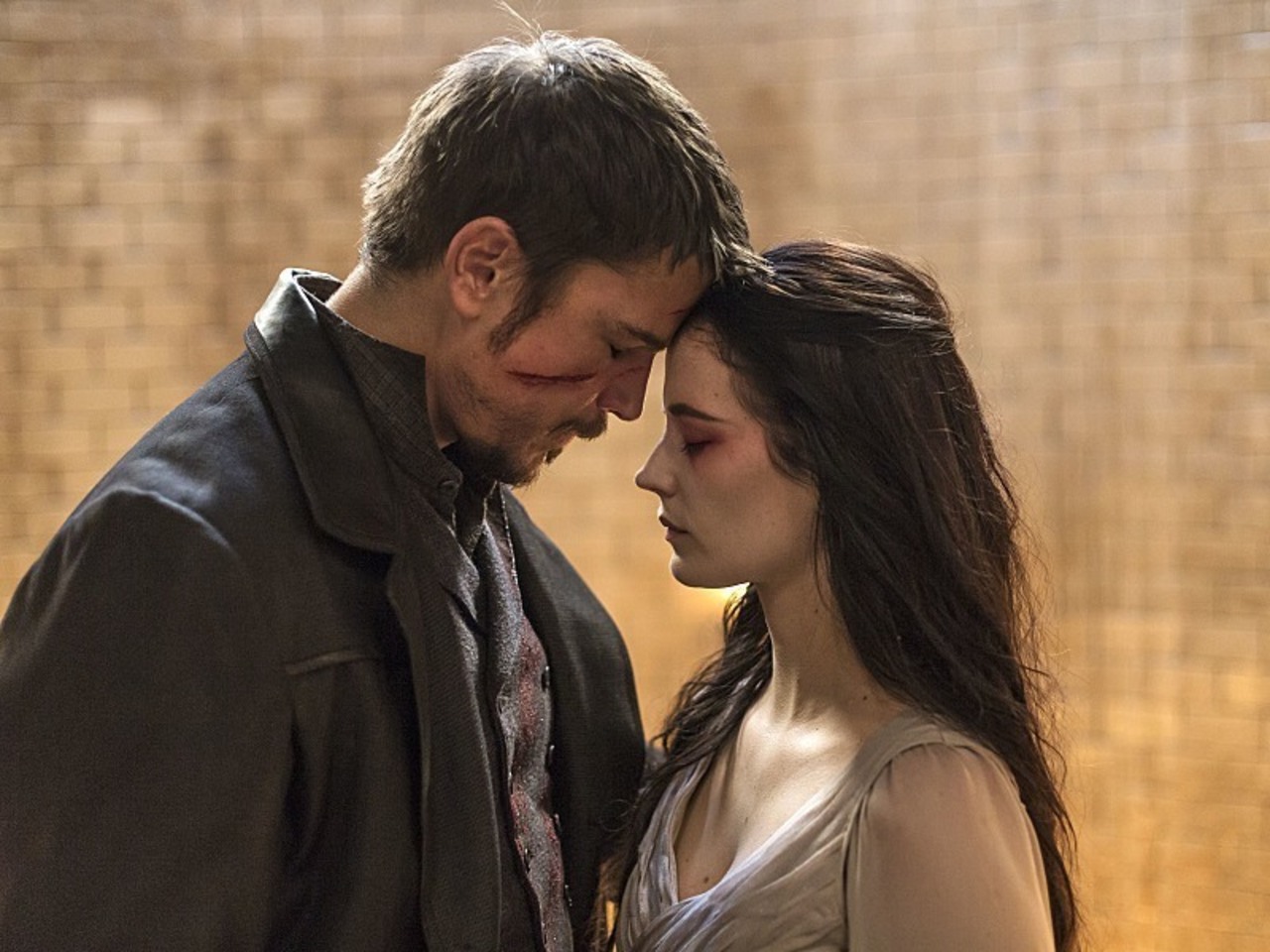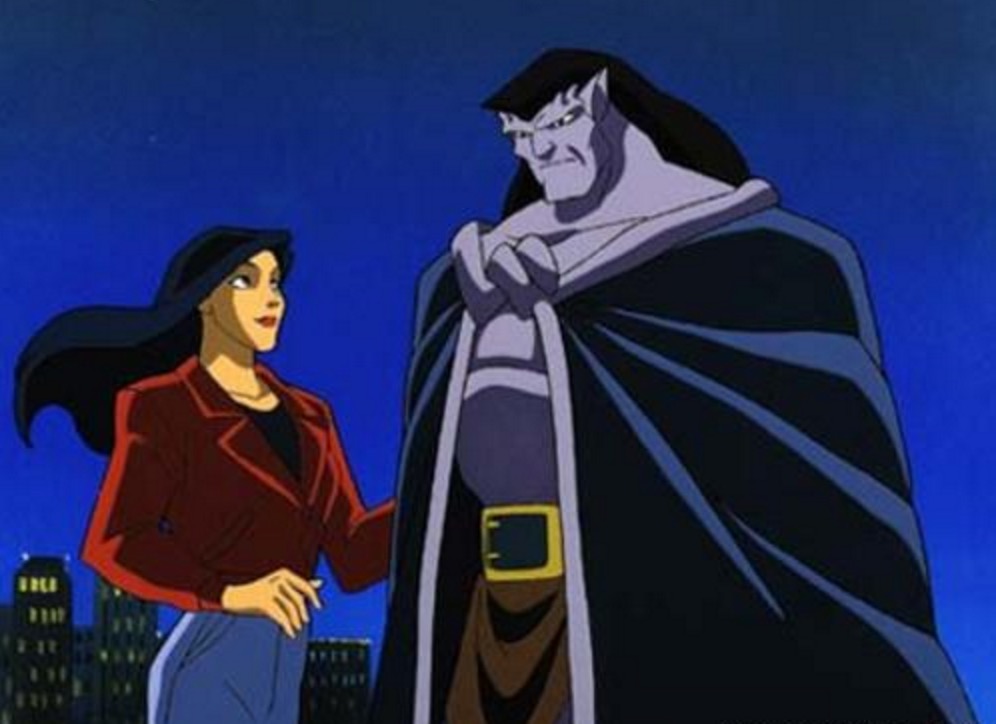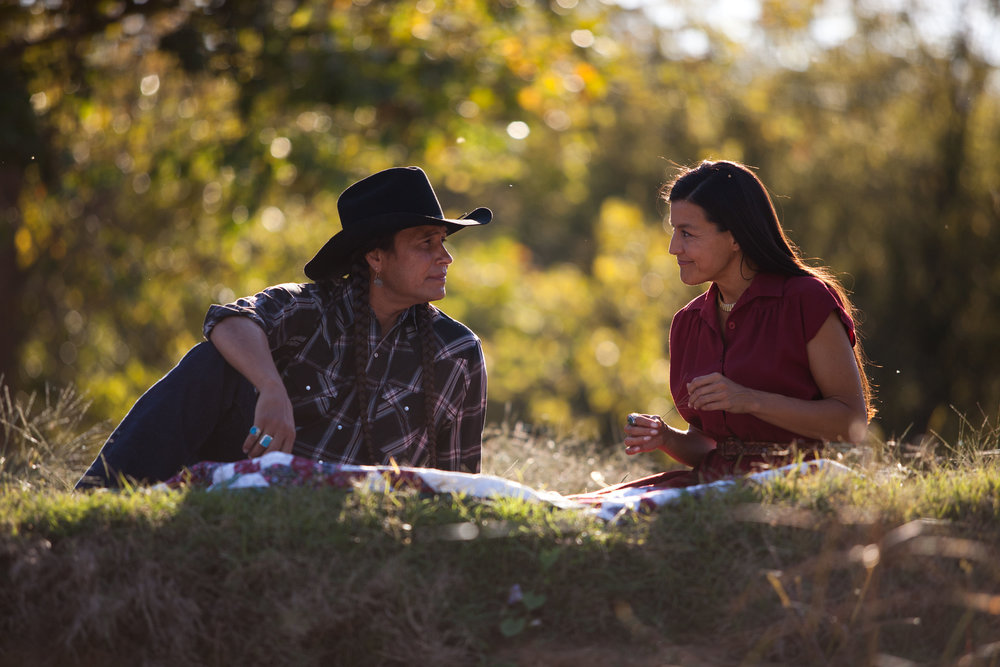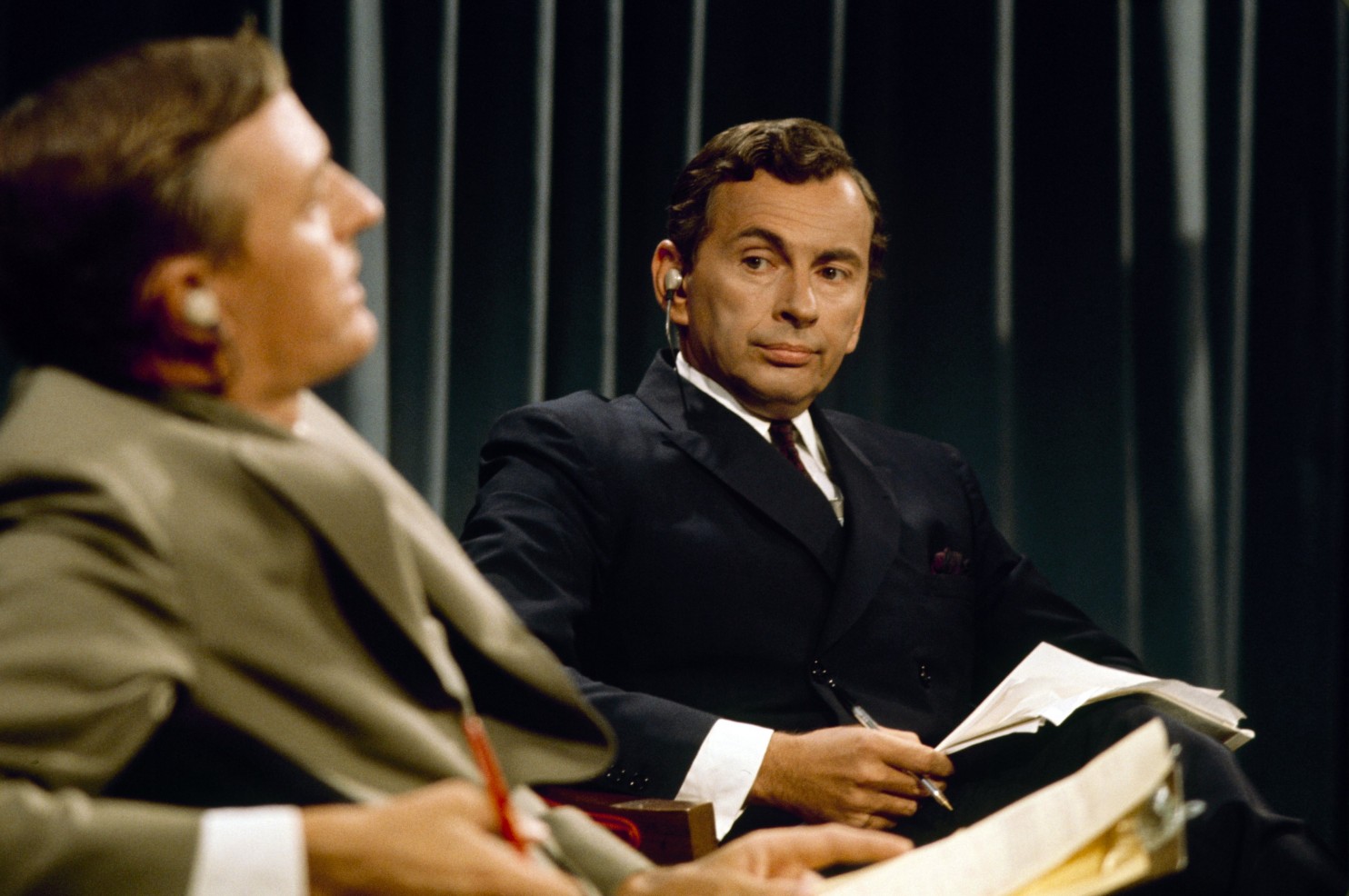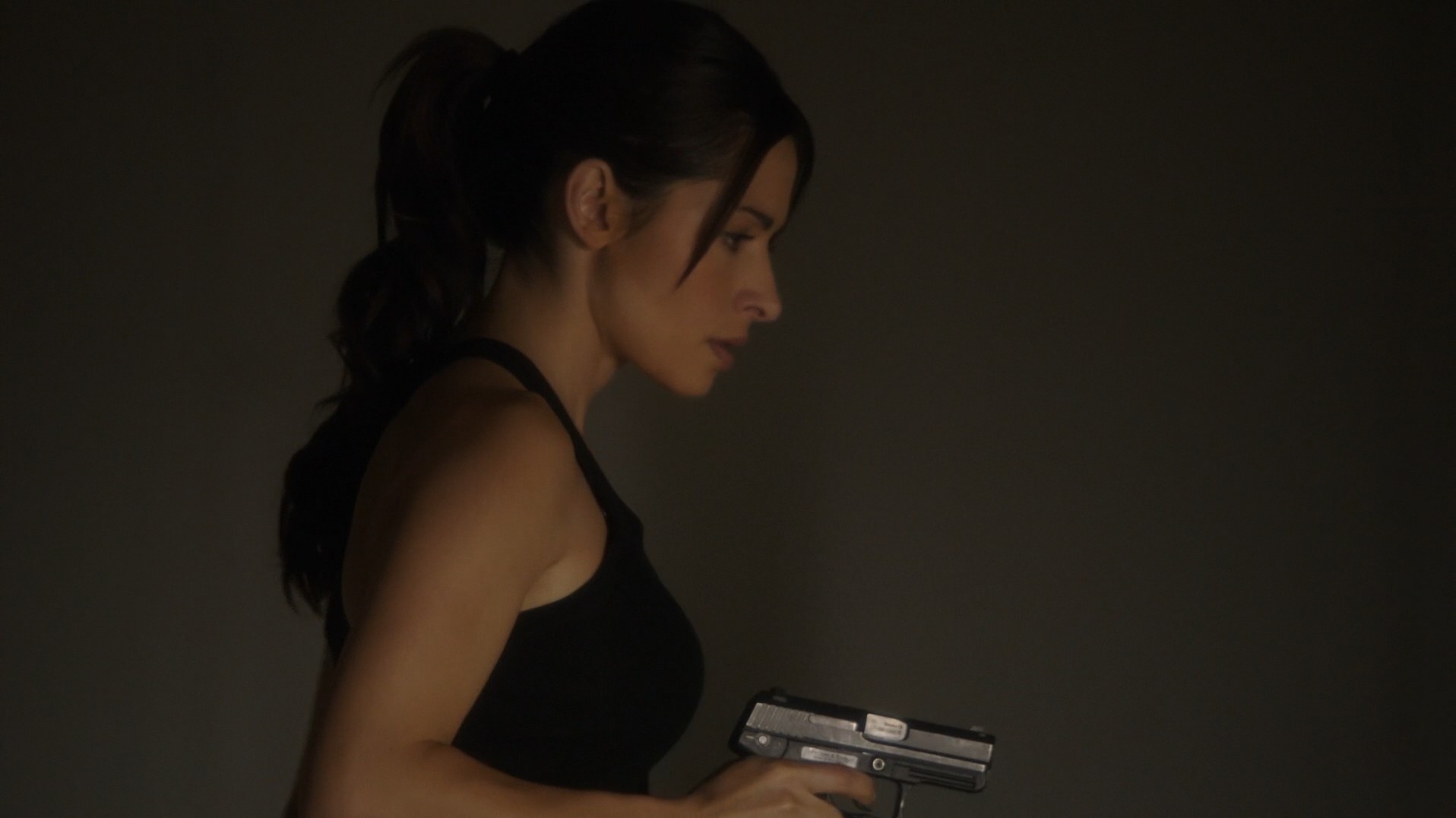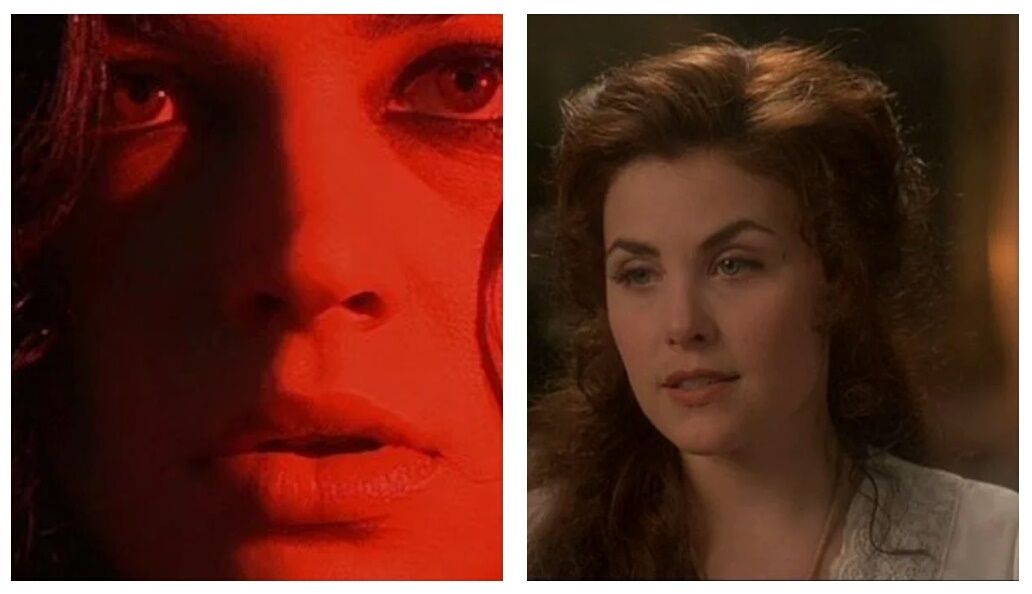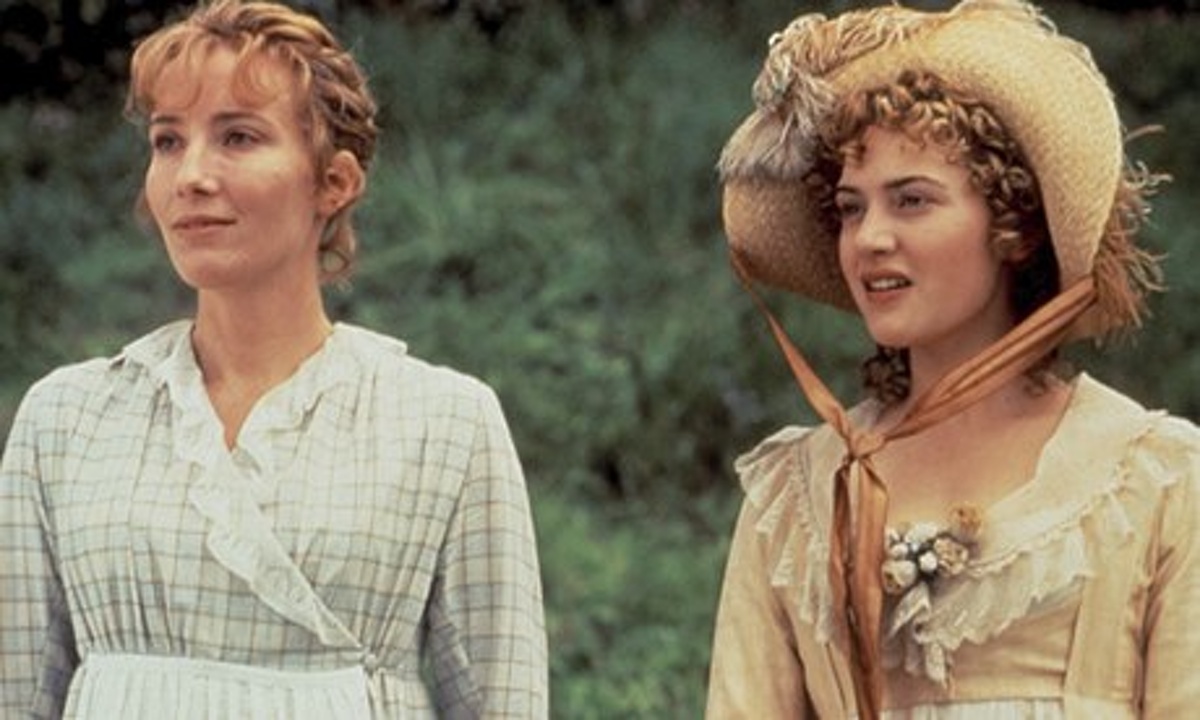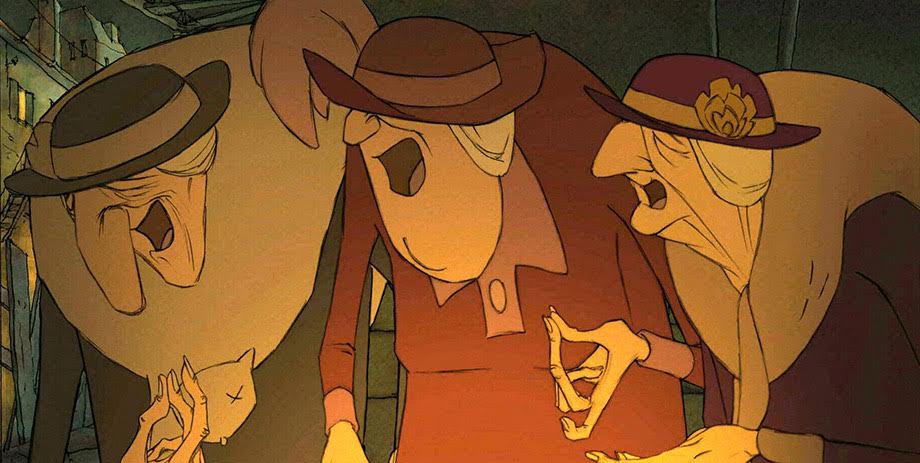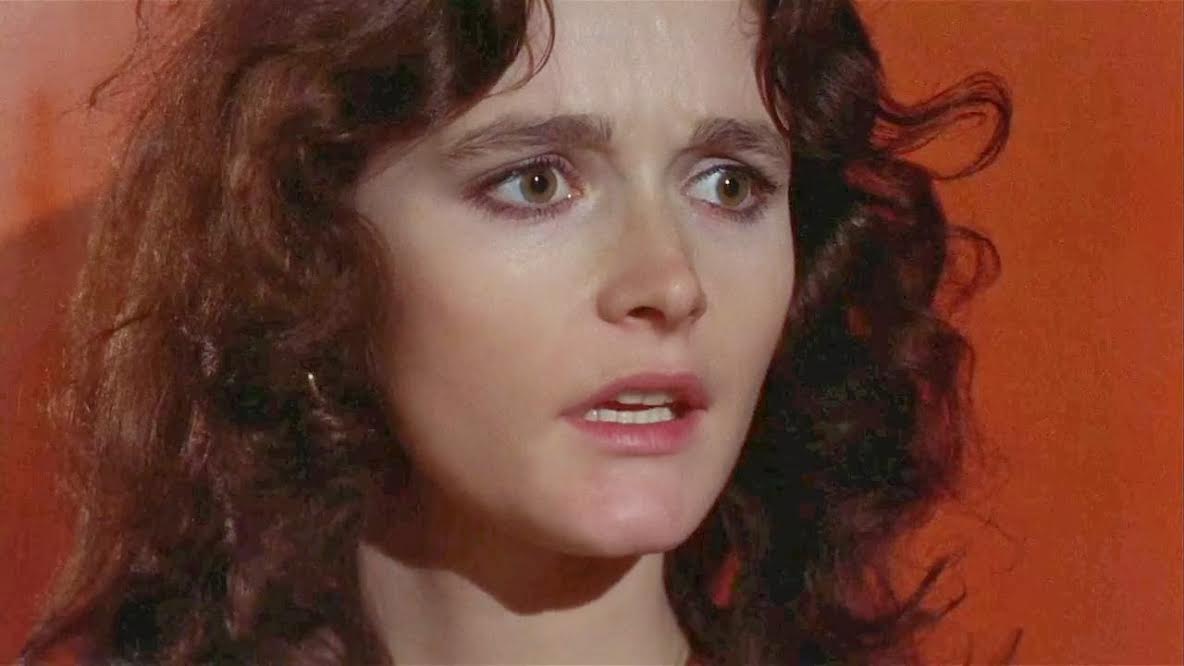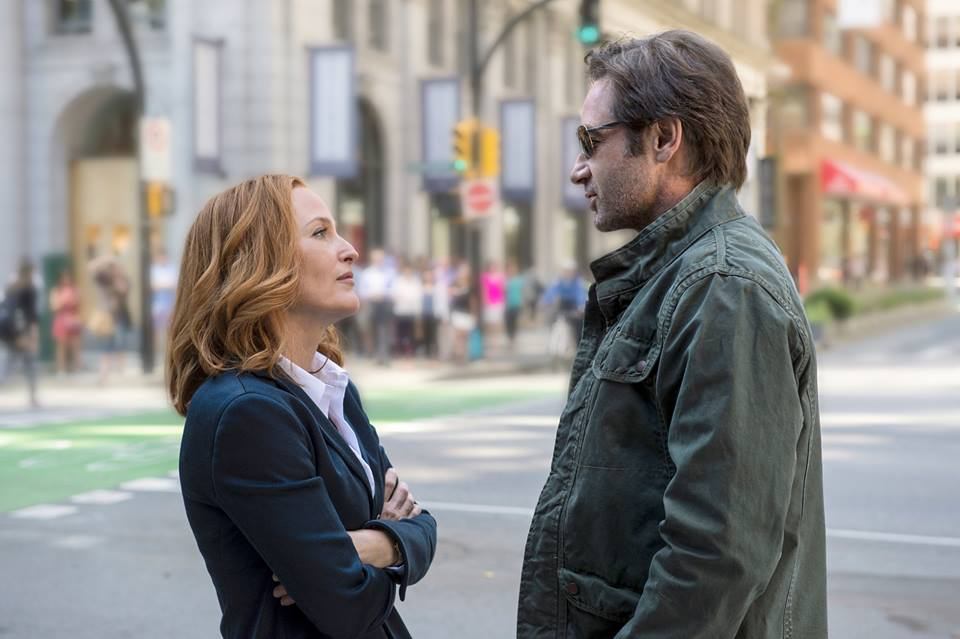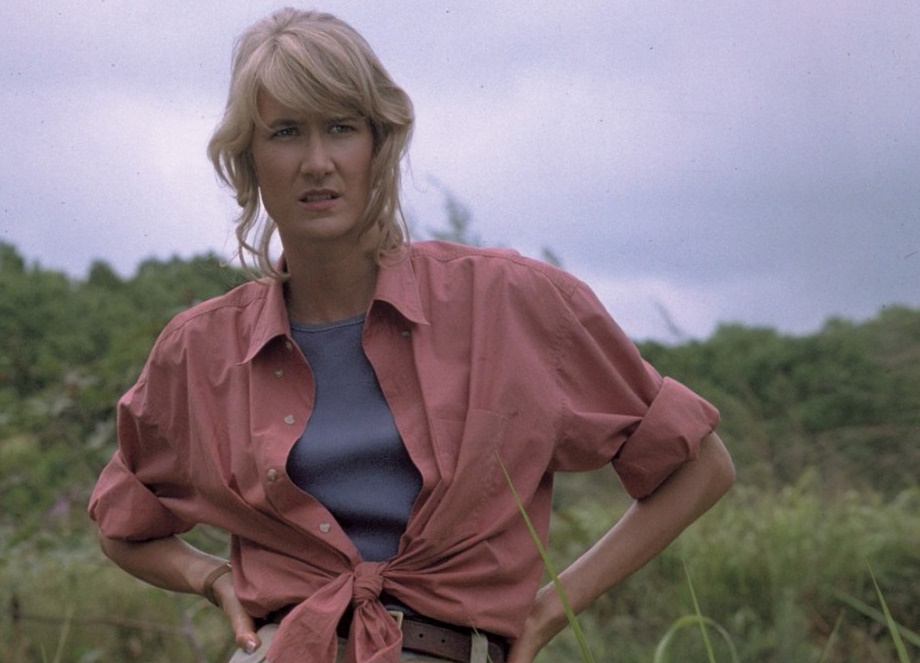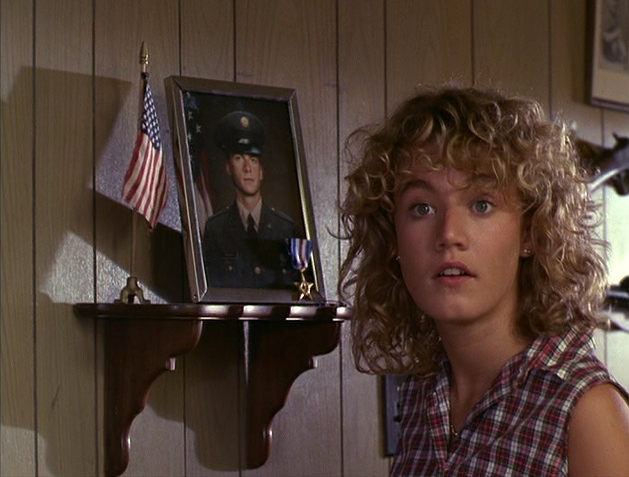‘Penny Dreadful’: Departure from Heroine
We do not see the warrior that we have come to know and love, for her ability to not just fight battles, but to align others to fight against their darkest selves and moments for a better world. … Her death becomes a part of their story and creates an allegory of her character; she is not a woman anymore, but a figure to them, something they now own.
